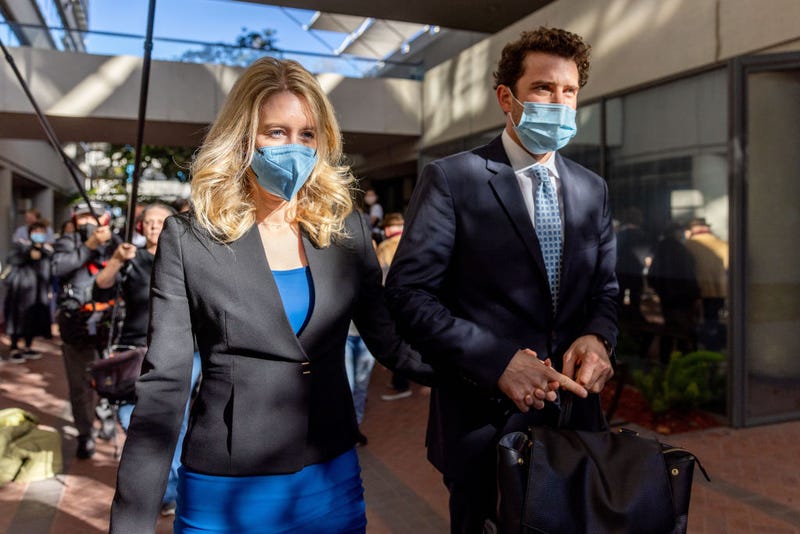
Elizabeth Holmes, the founder of defunct blood-testing company Theranos, returned to the witness stand Monday in the lengthy trial against her.
Holmes is facing about a dozen fraud charges for misleading investors about the effectiveness of her company’s blood-testing devices, which over the last two months of the trial the prosecution has laid out very clearly.

"The government did a very good job of connecting all the dots," said Santa Clara University School of Law professor Ellen Kreitzberg. "They had information she was giving to investors in written form, and they demonstrated how what she told the investors was factually incorrect."
Now it's the defense's turn, and in an abrupt move last Friday her team called her to the stand to testify.
Calling the disgraced startup founder to the stand in her own fraud trial is a high-risk, potentially high reward strategy for the defense, said Kreitzberg.
"The reason the defense decided to put her on is because they believed in her ability to be very persuasive and they believed in her ability that she would be sympathetic," she said.
So far, she's added more to the prosecution's timeline of events than what was expected. "She's starting to show how there was a kernel of truth to a lot of that, and is going to, I assume, try to argue that because of that there was no intent to defraud," said Kreitzberg.
Her famous ability to speak well and perform under pressure was on full display on the stand, but she has a lot of ground to cover.
"So we’ll have to see how she tries to address that line and see what she knew at different points during that timeline," said Kreitzberg.
The former CEO will continue to testify Tuesday, then the court will break for the Thanksgiving holiday.

